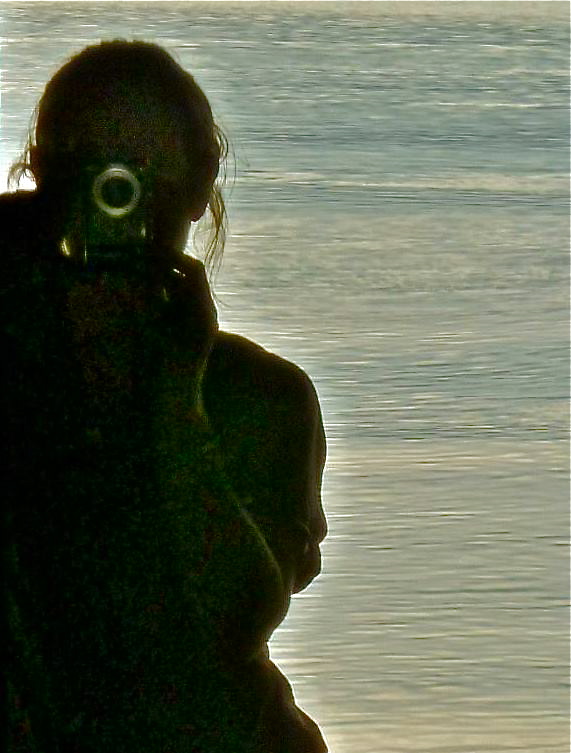'Save our Reef'
Hans Poertner is Professor of Marine Biology at the Alfred Wegener Institute in Bremerhaven in Germany. He has just co-authored a new study, Inhospitable Oceans*, in which he concludes that the increase in acidity of Earth's oceans is occurring ten times faster than ever before in the planet's history. Sea water is naturally slightly alkaline but it absorbs carbon dioxide from the air. More greenhouse gas emissions means greater acidification. Species that build shells made of calcium, such as corals, are increasingly at risk: warm-water corals are the most threatened.
Scientists studying climate change are currently focusing on the role of oceans. Warm surface water is circulated to lower depths, and this is believed to be a key factor in global climate systems. Next month, the Intergovernmental Panel on Climate Change (IPCC) is due to publish its first report since 2007, and oceans are expected to figure large. Heat absorption by sea water may be one reason why the rate of global warming has slowed slightly in the last 15 years.
There has, not surprisingly, been very little mention of climate change in the build-up to the Australian Federal election. You may think the campaign started months ago, but the LNP officially launched theirs on Sunday, at the Queensland Performing Arts Centre in Brisbane. The self-financing of each party's campaign follows their official launch; prior to that, campaigners travel around at the taxpayers' expense. Labor launch on 1 September, just a week away from polling day, which is farcical, if you ask me.
While Tony Abbott performed among the party faithful, across the Brisbane River a couple of thousand** demonstrators were making their feelings felt about the risks to the Great Barrier Reef from the expansion of existing coal ports and proposals for new ones up and down the Queensland coast. This is another topic that's failed to make it on to an election platform, although feelings were running high where I was. Many like-minded people marched together, some of them affiliated to GetUp, Lock the Gate Alliance, Greenpeace, the Greens, Friends of the Earth, 350.org, Six Degrees, Beyond Zero Emissions, Sea Shepherd, Wilderness Society and the Australian Marine Conservation Society, but most of them just ordinary people worried about a wonder of the world. The potential destruction of the Reef would be everyone's loss, not just those in Australia and Oceania.
Many people don't want more coal ports: there are too many already; they're too big; their operation necessitates too much dredging, hence damage to ecosystems; and then oversized bulk carriers follow narrow channels through coral islands instead of going round the Reef. It's not just environmentalists that don't want any more coal mined and exported; it's fishers and farmers and tourism operators and tourists and walkers and twitchers and off-roadies and lovers of the natural world. Do you fall into any of those categories?
Below are pictures of people who take Australia's global responsibility to look after the Reef very seriously. Have you made your voice heard yet?
Whether you are in Queensland or Quebec, call Andrew Powell, State Minister for Environment and Heritage Protection, on +61 7 3239 0844 (email Environment@ministerial.qld.gov.au), and Mark Butler, Federal Minister for the Environment and Climate Change, on +61 2 6277 7920 (mo@climatechange.gov.au).
* Published in the peer-reviewed Nature Climate Change, and based on five key components of ocean ecosystems – corals, echinoderms, molluscs, crustaceans and fish
** Estimates of numbers range from 1000 to 4000


